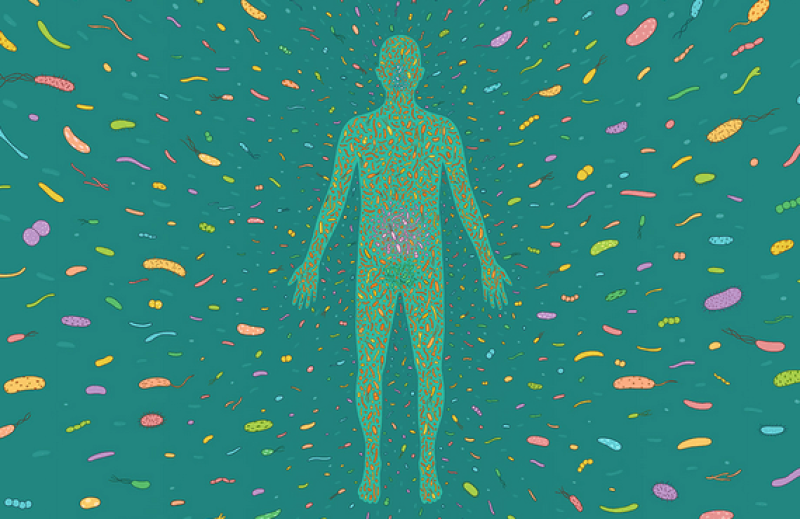Our microbiome is an inner ecology of Planet Us. And thought of in that context, two new small, exploratory studies, may provide lessons about change and resilience.
The current understanding of the gut microbiome is anchored by the belief that both diet and geography influence its composition. In the first study, researchers looked at the diversity of our gut flora as individuals immigrated and assimilated, changing diet and geography.
…
Microbiologic richness and diversity were greatest in current Thai residents. 30% of that diversity was lost in the first generation immigrants, and the diversity continued to decline and resemble that of the control group as time in the US increased and in the 2nd generation, American born Thai children.
…
A second, “proof of concept” like study, looked at 12 healthy men treated for four days with an antibiotic cocktail meant to mimic common first-line choices for intensive care patients.
…
[The microbiome] can show resilience when a one-off force, like a course of antibiotics, alters the relative hostility of their environment. It recovers but may bear a few scars. And that same population when subject to more consistent evolutionary pressures, specifically of diet, shows more long-term changes, perhaps we can characterize them as a new accommodation to the environment rather than a failed restoration.Read full, original post: I Sing The Body’s Microbiome































